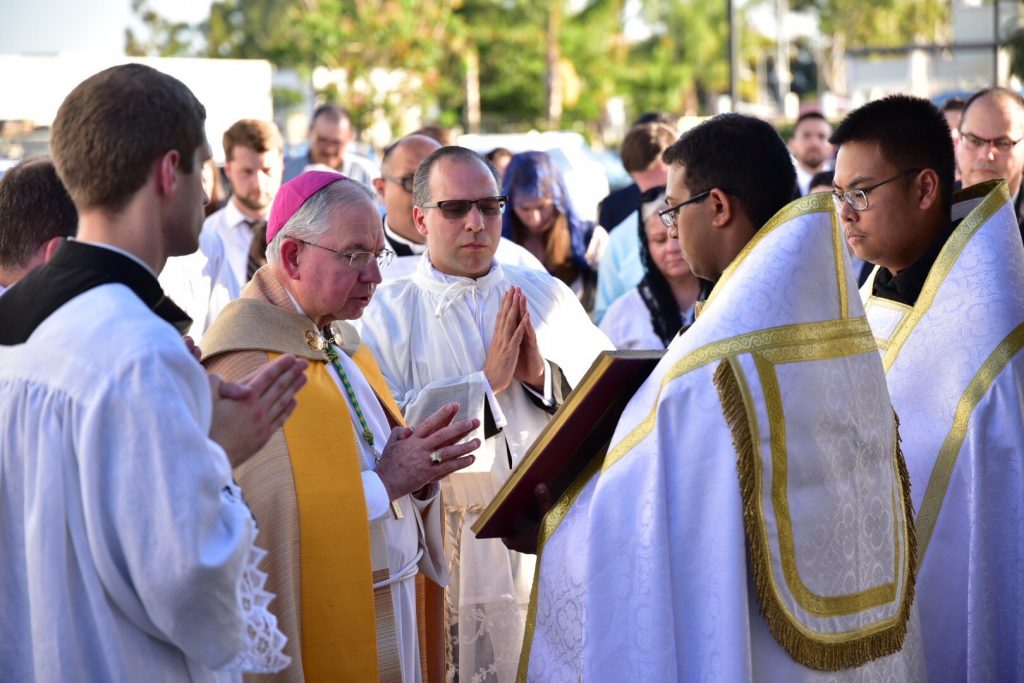We have heard of the “nones” phenomena: people across a wide demographic spectrum who check the “none” box when it comes to religious affiliation. Many such self-identified “spiritual but not religious” respondents usually temper their lack of formal religious contact with a nod toward a higher power or some domesticated, noncontroversial version of Jesus.
But new data suggests that sand is shifting under our culture’s feet.
Something called the American Worldview Inventory (AWVI) conducted a survey in early 2021 asking adults over the age of 18 their view on the existence of God. The number of “nones” has increased, but the survey discovered an even more disturbing trend among millennials and Generation Xers: the “don’ts.” The survey found more than 40% of this population group stated they either “don’t know, don’t care, or don’t believe God exists.”
I pray to the very God the “don’ts” do not believe that this is some kind of passing fad like plant-based meats or using “their” as a personal pronoun. But it will most likely linger, and we may have some rough road to travel ahead.
Two specific questions asked in this survey indicate a rather uphill road. Regarding abortion, the survey found millennials and Generation Xers more likely than other generations to see nothing objectionable in terminating a pregnancy to reduce personal economic or emotional discomfort. The survey also found more than 30% of this same age group agree with the statement, “You try to get even with people who have wronged you.”
Those responses should not come as a surprise to us, as younger generations are also more apt to consume large amounts of popular culture either on their phones and computers, or through music and other entertainment entities, where the terrain has been tilted for some time toward the sacrosanct right to abortion. When it comes to getting even, just about every action movie for the past two decades views revenge as either morally neutral or a cosmic good; watch any Quentin Tarantino film.
Is this growing materialist point of view responsible for California experiencing its first decline in population? There are more than 180,000 fewer people in this state today than there were a year ago. It cannot all be attributed to people fleeing high taxes, high home prices, and high crime rates. The birthrate has been declining for several years, even before the onset of the pandemic. I think it is not a large logical leap to suggest the materialist worldview indicated by this survey of young people has helped create the baby dearth.
Sounds like a lost cause — which it is, and which should be the reason for confidence. The Church was born out of a lost cause, and the litany of saints is the story of one lost cause after another. It may not turn around next week or next year, or ever for many people. A quick glance at any book in the Bible warns us of that possibility.
We can even take solace in knowing many of the “nones” and “don’ts” are products of good Catholic families; so was St. Augustine, and he pulled through eventually.
Rather than bemoan the percentage of young people turning their backs on God, we should be counting our blessings that so many others still seek him. I know they are out there because I have seen them.
Lately I have been splitting my time between the Novus Ordo and Latin Mass. The Latin Masses I attend at St. Vitus in San Fernando, a parish within the Los Angeles Archdiocese, run by the priestly Fraternity of St. Peter, are as packed as COVID-19 allows, and now, with restrictions getting looser, the attendance at the outside tent St. Vitus uses for its liturgies increases accordingly.
I am the old guy there, surrounded by young families with lots of kids, teens and yes, millennials and Generation Xers. How did the popular culture miss them? One could suggest the shields of St. Michael and a spiritual “iron dome” of constant intercessory prayers for protection to the Holy Family.
The antidote for the disheartening fact so many younger adults are losing their way is to pray for their conversion or reconversion, while also praying for the continuing protection of all the young people drawn to places like St. Vitus and other parishes across the archdiocese where the heat and light of the truth shines brightly. That way hope lives and where there is hope, one day a “don’t” may once again be a “do.”

